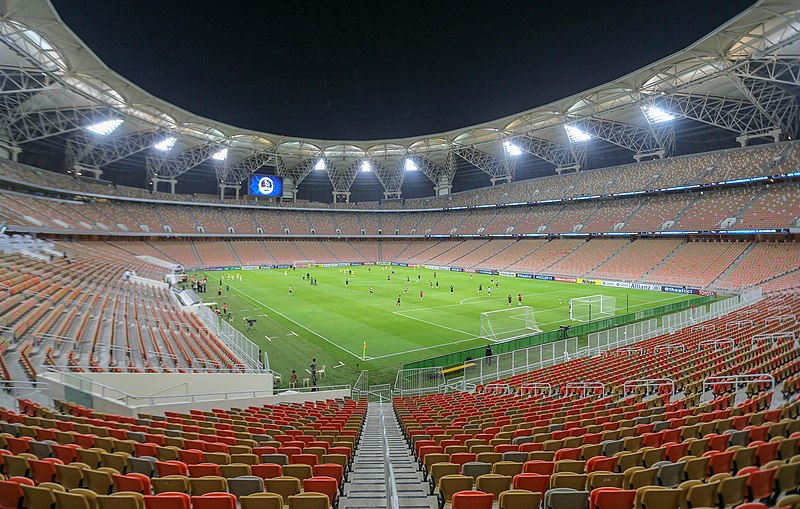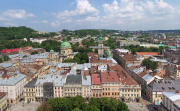
Saudi Arabia has officially been named the host nation for the 2034 FIFA World Cup following an uncontested bid. The announcement was made during an online FIFA Congress, cementing
the Middle Eastern nation’s status as the next World Cup host after no alternative countries from the Asia or Oceania regions submitted bids.
The decision concludes a swift 14-month process during which Saudi Arabia emerged as the sole candidate. The nation's significant investment in sports and infrastructure played a pivotal role in its unopposed bid, particularly as FIFA seeks venues capable of hosting 104 matches for an expanded 48-team tournament.
Climate concerns push tournament to Winter
With summer temperatures in Saudi Arabia often exceeding 40°C, hosting the World Cup in its traditional June-July window poses significant risks to players and fans. FIFA's bid evaluation report noted that milder temperatures between October and April provide a more feasible timeline, making a January 2034 tournament the most likely option. This scheduling avoids conflicts with Ramadan (November 11–December 10 in 2034), Christmas, and New Year celebrations.
However, a winter World Cup may face opposition from European leagues, including the Premier League, as it could disrupt domestic schedules and cause fixture congestion similar to the challenges seen during the 2022 Qatar World Cup.
FIFA's unanimous decision amid criticism
The bid evaluation team awarded Saudi Arabia the highest score in FIFA history, citing significant infrastructure investments and a commitment to addressing human rights concerns. Among the planned developments is a $1 billion "cliffhanger" stadium designed to host key matches.
Despite these accolades, criticism remains. The Norwegian Football Federation (NFF) raised concerns about FIFA's allocation process, calling it unpredictable and lacking transparency. NFF President Lise Klaveness abstained from the acclamation vote, signaling opposition to FIFA's governance.
Human rights organizations have also voiced concerns, warning about potential risks to migrant workers involved in tournament preparations. FIFA's evaluation report classified the bid as "medium risk" on human rights but acknowledged Saudi Arabia’s commitment to meeting international standards.
2030 World Cup: a unique arrangement
FIFA also confirmed Spain, Portugal, and Morocco as hosts for the 2030 World Cup in another uncontested decision. A unique arrangement will see South American nations host the opening three matches in recognition of the tournament's centenary, with the rest of the matches held in Europe and Africa.
The 2030 and 2034 hosting decisions were combined in a single vote, effectively clearing the path for Saudi Arabia. FIFA’s rules barred nations from Europe, Africa, and South America from bidding for 2034, limiting the competition to Asia and Oceania.
Future challenges and global reactions
Hosting the 2034 World Cup presents logistical challenges, including scheduling conflicts with the Winter Olympics in Salt Lake City (February 10–26, 2034). FIFA must also navigate concerns from European leagues and human rights groups while addressing the welfare of players and fans in extreme climates.
As FIFA celebrates its decision, football fans and stakeholders are left to ponder the broader implications of holding another winter World Cup in a Middle Eastern nation. The move reflects Saudi Arabia’s growing influence in global sports, but it also underscores ongoing debates about governance, human rights, and the future of international football. Photo by saudipics, Wikimedia commons.









































